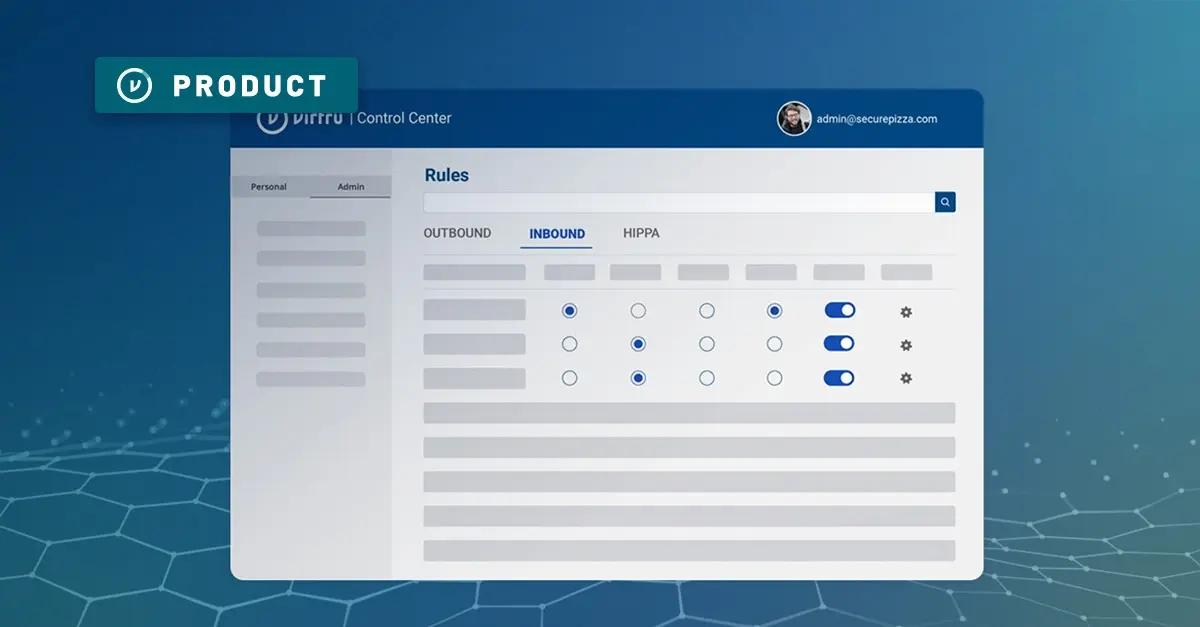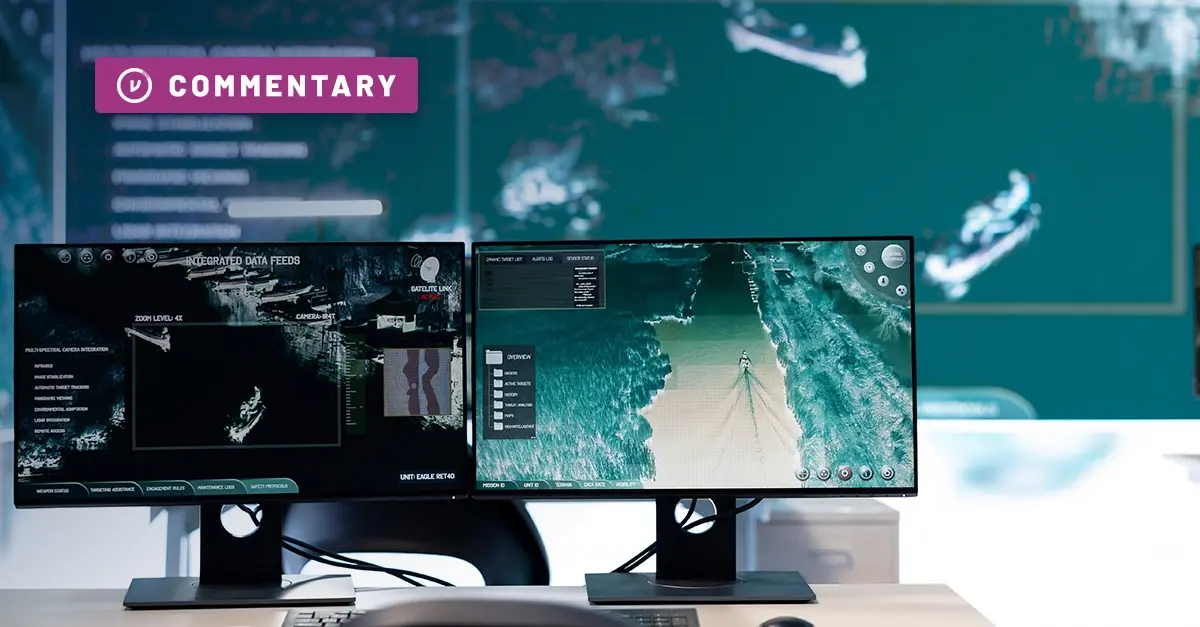If your organization is looking into ISO 27001:2013 certification, you seek a higher standard of internal organization and information security. You want to prove to your consumers and potential partners that you can be trusted to securely manage data in an ever-changing digital environment.
For many companies, ISO 27001 certification tips the scale in their favor in partnerships and even business growth, and it could benefit yours, too. Here’s everything you need to know about ISO 27001 certification.
What is ISO 27001?
ISO 27001 is a standard that specifies a framework for an information security management system or “ISMS.” ISMS is a systematic approach that encompasses people, processes, and technology within organizations. ISO 27001 is the second certification of the ISO 27000 series, supporting information security and providing a globally recognized framework for securing information assets.
ISO 27001 is a higher-level set of procedures that outlines how you address information security as a whole. It pushes you to consider the following questions:
- How do you assess your risks?
- How do you review these risks?
- How much risk is your organization willing to take on?
ISO 27001 is applicable to organizations of all types, industries, and sizes — making it one of the most popular information security standards in the world. It helps organizations manage their security practices effectively and cost efficiently.
ISO 27001 covers three key aspects of information security:
- Confidentiality: ensure that your sensitive data is not made accessible to people or entities who are not intended to access it
- Integrity: information must be complete and accurate, as well as safeguarded from corruption and bias
- Availability: information is accessible and usable to those with a need to access it.
Who needs ISO 27001 compliance?
ISO 27001 is a strong data management framework, regardless of what industry your organization operates in, and regardless of its size. Although ISO 27001 is not a systematic legal requirement for organizations and is not universally mandatory for compliance, deciding on whether you need ISO 27001 certification depends on how critical sensitive information is to you organization. How much you value your information will be a key player in determining whether you wish to get certified.
Banks, insurance companies, brokerage firms, and other financial institutions typically pursue ISO 27001 certification if they want to comply with many laws and regulations. Once you've implemented the necessary practices to meet ISO certification, you'll have a strong head start for meeting any other privacy or compliance requirements.
What does it mean to be ISO 27001 certified?
To become ISO 27001 certified, a best-practice assessor from an independent organization will evaluate and investigate your data management and security procedures. Once you have done the internal work to prepare for certification, you'll submit your request, and your ISMS will be fully reviewed to see if it meets the ISO 27001 requirements. If it does, you will then receive the certification.
What are the ISO 27001 requirements?
ISO 27001 encompasses several requirements, including:
- Understanding the context of your organization
- Having a strong leadership commitment
- Planning around cybersecurity
- Establishing resources: awareness, training, communication, documentation
- Monitoring measurement analysis and evaluation of performance over time
Who regulates ISO 27001 compliance?
ISO 27001 is regulated and produced by the International Standardization Organization, a global standard-setting non-profit founded in 1947. The organization promotes worldwide proprietary, industrial, and commercial standards, and is headquartered in Geneva, Switzerland. Today, ISO regulations are present in 165 countries worldwide.
The most popular ISO standards, and the ones you are most likely to come across, are: ISO 9001, ISO 45001, ISO 14001, ISO 22000, ISO 27001.
Why is ISO 27001 important?
An organization's security posture is only as strong as the framework underpinning it. The key benefit of ISO 27001 is that it sets barriers around cybersecurity in your organization. ISO 27001 helps managers keep track of cost over time by ensuring a given cybersecurity project will remain focused and better scoped. It can help refine investment in terms of time, human resources, and funding.
Another advantage of ISO 27001 is that it’s an international benchmark, which allows comparison between two companies in the same industry but located in different places with different data management regulations.
What's the difference between GDPR and ISO 27001? Are they linked?
It is important to make a clear distinction between GDPR and ISO 27001. It’s common to conflate the two, but for any organization dealing with sensitive information, it’s vital to recognize and comply with the nuances of each, and how they are linked in some circumstances.
In a nutshell, GDPR is compliance risk focused, whereas ISO 27001 tackles operational risk in organizations.
GDPR (General Data Protection Regulation) provides a set of standardized data protection laws that apply to every organization in the EEA. GDPR gives individual residents more control over how their data is collected and used by any given organization.
Although GDPR and ISO 27001 tackle different areas of security, the majority of the GDPR’s data protection controls are recommended by ISO 27001. Therefore, getting ISO 27001 certified can help you meet the EU GDPR and the NIS (Network and Information Systems) requirements.
Is There A Deadline To Meet ISO 27001?
A new and updated version of the ISO 27001 standard is expected to be released in October 2022. Since ISO 27001 isn’t necessarily required, there’s no outright deadline to comply. But ISO certification of any kind only lasts for three years. Once you obtain it, it’s wise to start preparing to renew it two years in.
It's important to keep in mind that getting ISO 27001 certified is a long-term commitment: The duration of this process ranges from six months to a full year, depending on the size of your organization and your reaction speed.
Meet ISO 27001 Certification and Beyond With Virtru
To learn more about how Virtru can help you achieve ISO 27001 certification, contact us for a demo today.












